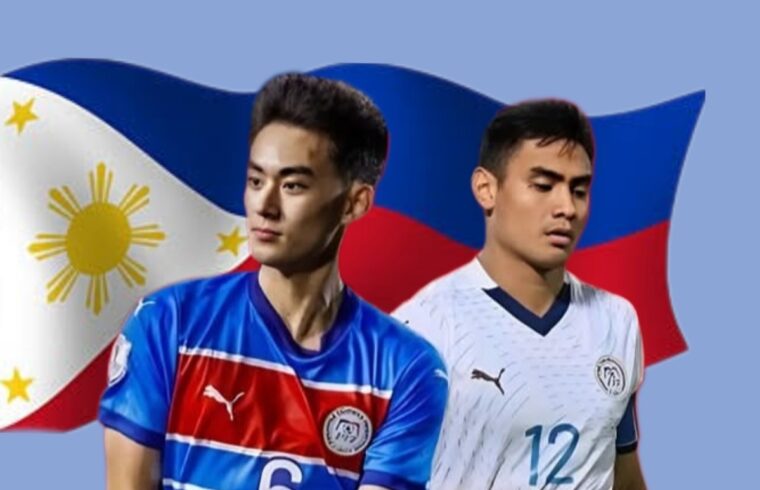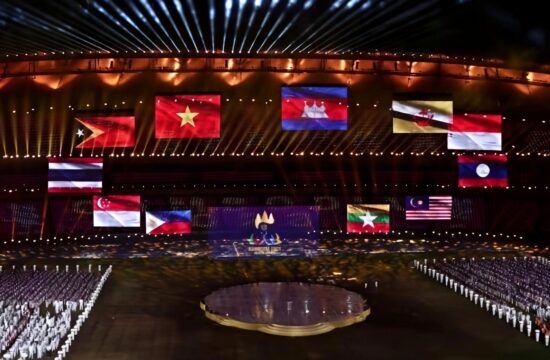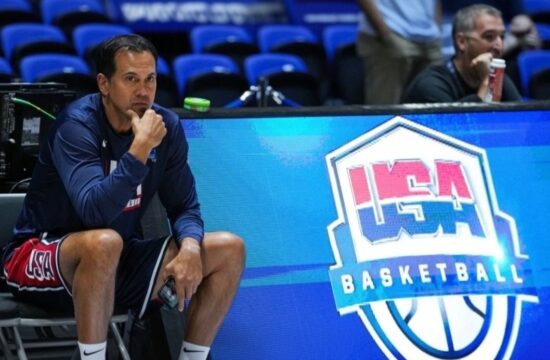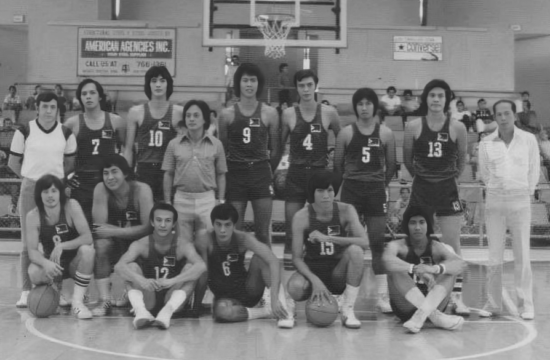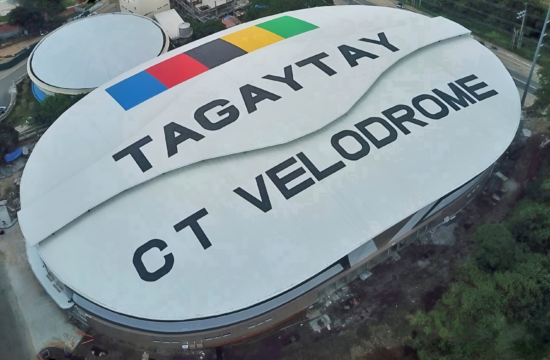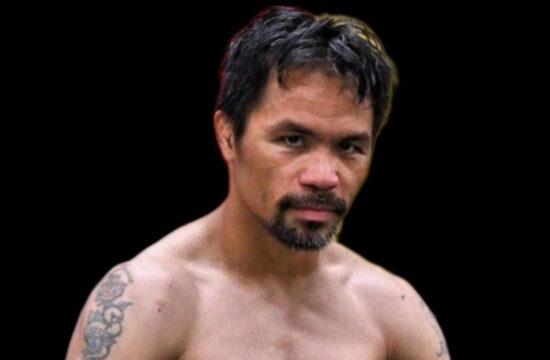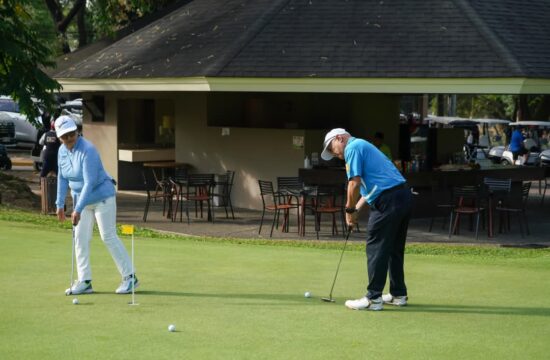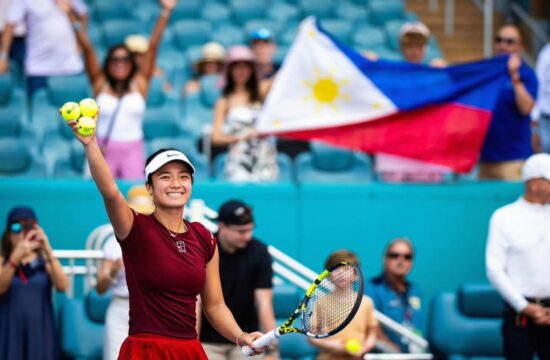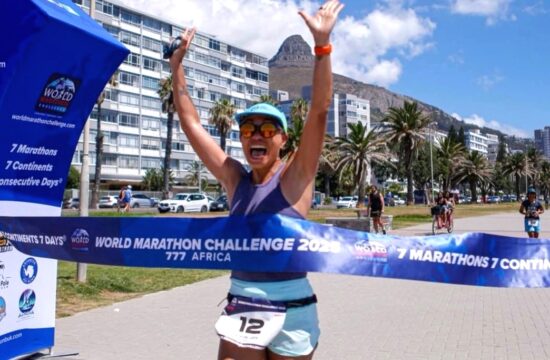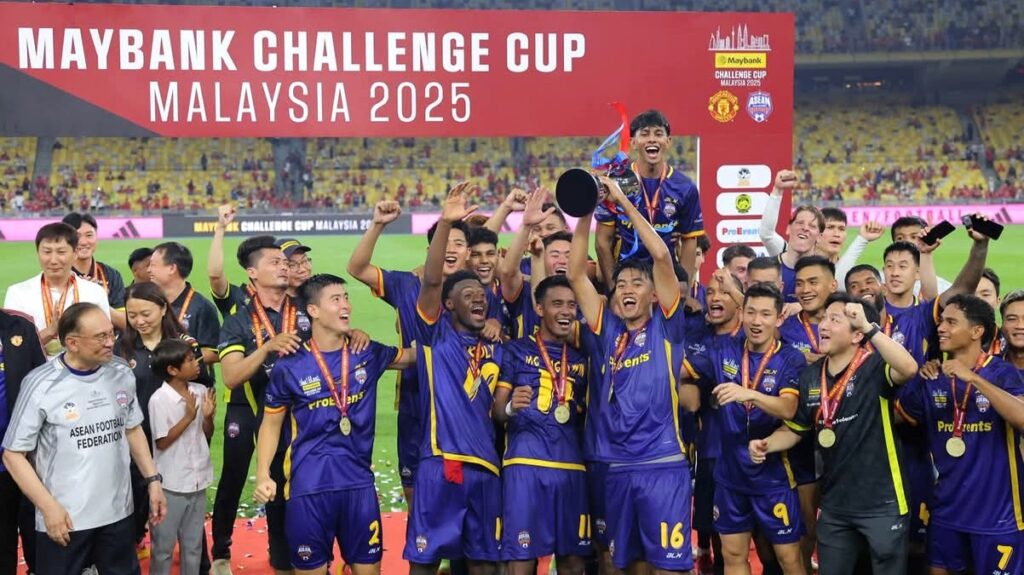
The football world blinked. A regional all-star team with just two days of prep had beaten one of the greatest clubs on earth: ASEAN All-Stars 1, Manchester United 0. No, it’s not a typo. It happened.
In front of 72,500 stunned spectators at Bukit Jalil Stadium in Malaysia on May 28, a ragtag selection from Southeast Asia—without even its full arsenal of stars—managed to outplay and outscore one of the most storied clubs in world football.
Amazingly, this team had been cobbled together in just 48 hours, missing several key figures, yet somehow held off and broke through a side that trains together year-round in the Premier League—arguably the most grueling and talent-stacked league on the planet.
The lone goal, a curling strike in the 71st minute by Myanmar’s Maung Maung Lwin, didn’t just lift the roof off the stadium. It rattled the long-standing assumptions about the competitive ceiling of Southeast Asian football. And right there, in the thick of it, were two Filipinos: midfielder Sandro Reyes and defender Amani Aguinaldo.
Reyes, who plays for FC Gütersloh in Germany, and Aguinaldo, a staple at Thailand’s Rayong FC, didn’t just fill out the roster. They held the line, shaped the play, and made their presence felt against the very best.
“I was just focused on the game—because if you’re not, especially against Manchester United, you can get exposed fast,” Reyes told the media afterward.
Aguinaldo, who stood tall against England international Harry Maguire, was equally grounded. “I feel incredibly lucky and grateful. This is for all the Filipinos—players, fans, and everyone supporting football in the Philippines,” he said.
The first real chance of the game came from Aguinaldo, a darting run and shot in the 17th minute that signaled this wasn’t going to be the walkover many had expected. Reyes, ever the threat in the attacking third, came close to beating Manchester United goalkeeper André Onana midway through the first half.
The man behind the magic was Kim Sang-sik, the South Korean champion coach now leading Vietnam’s national team. He handpicked this mix of talent from all 11 ASEAN Football Federation nations. The selection of Reyes and Aguinaldo was more than symbolic; it was tactical—and it worked.
Despite a clear disparity in resources, infrastructure, and preparation time, the ASEAN All-Stars played with remarkable poise and precision. Their victory was no fluke—it was earned. In that sense, the match transcended the boundaries of a typical exhibition. Billed as the Maybank Challenge Cup, it was more than just a friendly: it carried a purpose beyond the pitch, with proceeds directed to the Al-Sultan Abdullah Foundation (YASA), a charitable organization.
For the Philippines—a country where football still fights for attention against basketball and boxing—this moment was seismic. Reyes and Aguinaldo hope it becomes more than a fleeting headline.
“Don’t give up on your dreams,” said Reyes. “I’m going to keep dreaming big too. If you put your mind to it, anything is possible.”
Their story doesn’t end here. The two are expected back with the Philippine men’s national team soon, as they prepare for a crucial AFC Asian Cup qualifier against Tajikistan on June 10 in New Clark City.
But for one night in Kuala Lumpur, they proved something that Southeast Asia has known all along—and that the rest of the football world is only beginning to realize.

